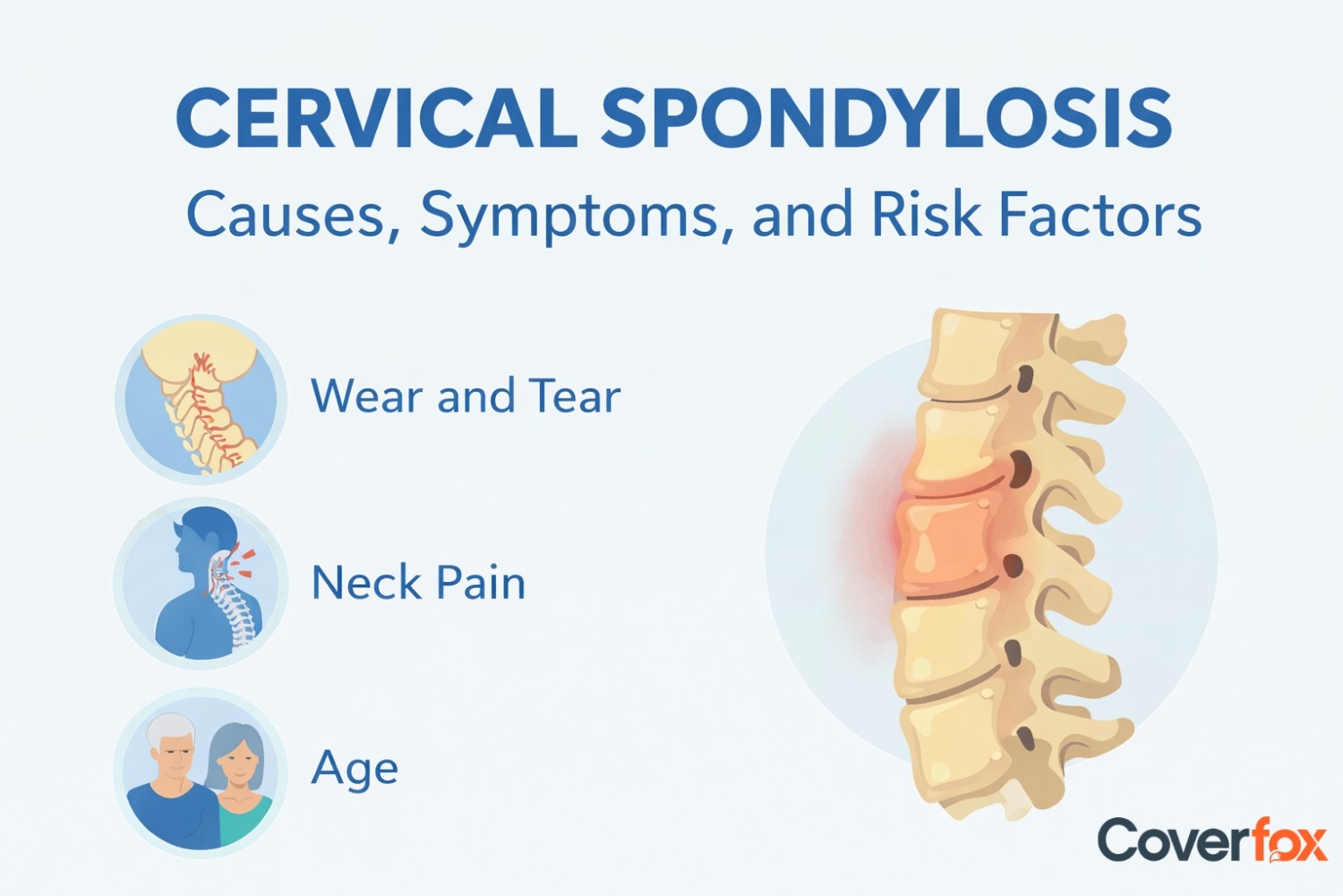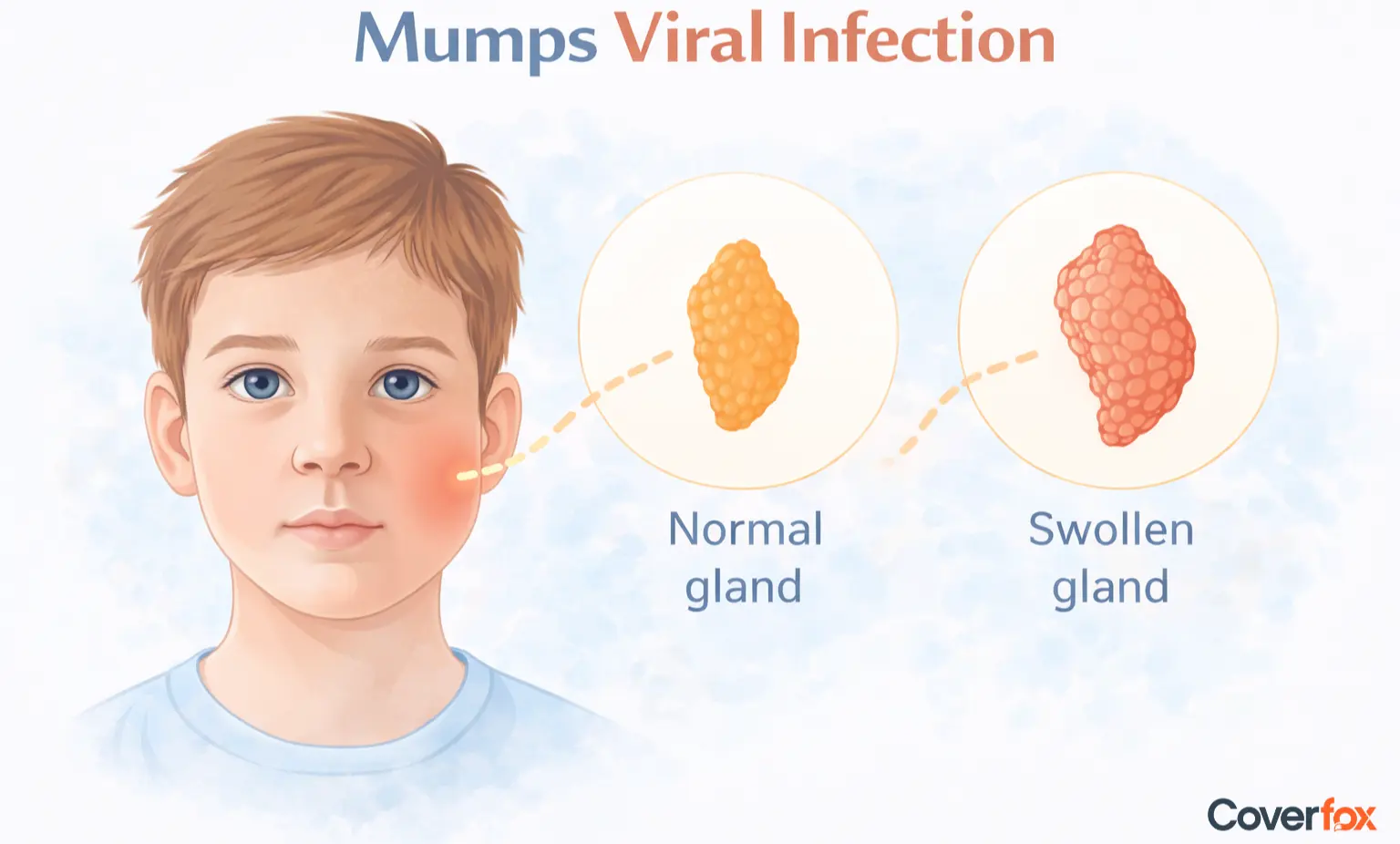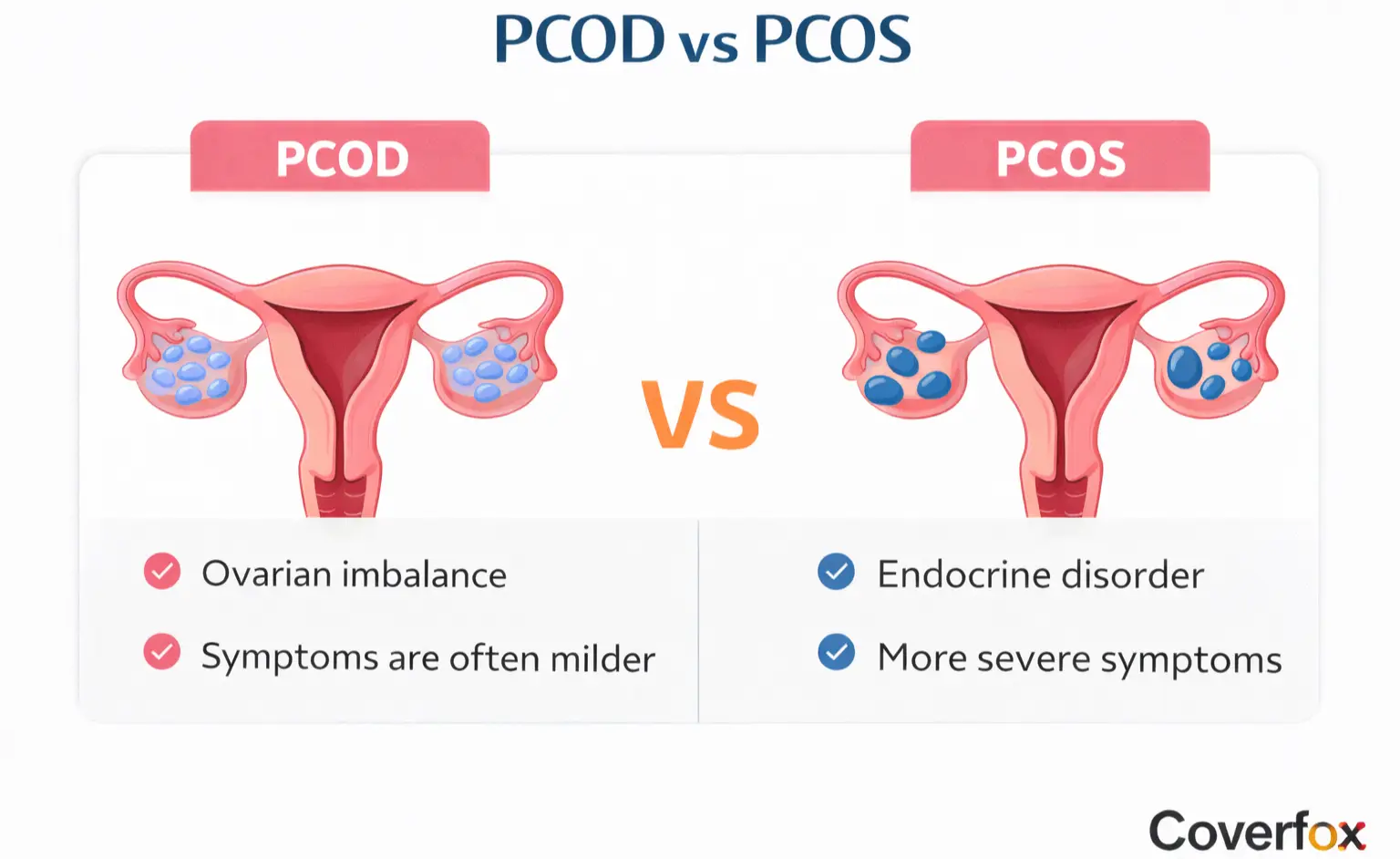Every year on 8th June “World Brain Tumour Day” is celebrated across the world. This day signifies the importance of awareness about brain tumours. It aims to spread awareness to the people about the early symptoms of brain tumor, diagnosis methods, treatments and what happens if it goes unnoticed and untreated.

To answer the questions of when and how World Brain Tumor Day came into existence and to deeply understand symptoms, types and treatments for brain tumor, stick till the end.
History of World Brain Tumor Day
The very first World Brain Tumor was launched on 8th June, 2000 in Germany. It was launched by a non-profit organisation which was German Brain Tumor Association (Deutsche Hirntumourhilfe). Although it started in Germany as a nationwide campaign, it received global recognition soon and was celebrated worldwide shortly after due to the rise in brain tumor cases across the world requiring an urgent need for awareness regarding the issue.
The Significance of World Brain Tumor Day
This day is of great significance to spread awareness about brain tumors. World Tumor Day serves multiple purposes like spreading awareness about brain tumors, educating people about the early symptoms and importance of early detection of brain tumors, supporting people suffering from this condition and showing multiple treatments available to fight against it. It also highlights the recent development in this area, new researches and treatments that are coming into the healthcare industry to help the battle against brain tumors. This day serves as a reminder to everyone, to get them acquainted with brain tumors and improve outcomes.
The Theme for World Brain Tumor Day 2025
Each year, the World Brain Tumor Day has a specific theme, aiming to achieve a specified goal one at a time. In 2024, the theme was “Brain Health and Prevention". This theme emphasized the importance of optimizing brain health and preventing brain diseases through individual actions and global efforts.
This year, the theme is yet to be announced. But, speculations say that the theme for this year might be “Equity in Care and Research: Leaving No One Behind". This theme would showcase the importance of equality in receiving diagnostic treatments, medical care, and facilities across every geographical location regardless of economic backgrounds.
Understanding Brain Health and Tumors
A brain tumor is an abnormal growth of cells in or around the brain. These cells can grow uncontrollably that later forms a mass that may press on nearby tissues, hinder the brain function, and affect overall health. Although, not all brain tumors are cancerous, they can be benign (non-cancerous) or malignant (cancerous).
Types of Brain Tumors
Brain tumors can be divided into 2 categories:
1. Primary Brain Tumors
These originate within the brain or its immediate surroundings (such as the meninges, cranial nerves, or pituitary gland).
- Benign Examples: Meningiomas, Pituitary adenomas and Schwannomas
- Malignant Examples: Glioblastoma multiforme (GBM), Astrocytomas and Oligodendrogliomas
2. Secondary (Metastatic) Brain Tumors
These are cancers that have spread to the brain from other parts of the body (e.g., lungs, breast, kidney, or skin).
- More common than primary brain tumors.
- Often seen in patients already diagnosed with cancer elsewhere.
Common Symptoms of Brain Tumors
Early symptoms can vary based on tumor size, location, and type, but key warning signs include:
- Persistent or worsening headaches, especially in the morning
- Seizures (new onset, especially in adults)
- Nausea or vomiting (without other stomach issues)
- Blurred or double vision
- Weakness or numbness in limbs
- Difficulty speaking or understanding language
- Memory problems or confusion
- Balance or coordination issues
- Personality or behaviour changes
Note: Many of these symptoms can be caused by other conditions. However, persistent or unusual signs should prompt medical evaluation.
The Importance of Early Detection
Early detection of brain tumors means treating them when they are still manageable and saving lives. Early detection of brain tumors plays a critical role in improving treatment outcomes and overall quality of life for patients. Here's why:
1. Better Treatment Options
In the early stages, the tumor is localised and is small. Thus, there will be many treatment options available like surgically removing the tumor without causing any damage.
2. Improved Prognosis
Early detection of tumors, especially the cancerous types, can help stop their growth and potentially completely remove the tumor at an early stage, before it can cause some permanent damage.
3. Lower Risk of Complications
Advanced tumors may cause swelling, seizures, or damage to vital brain functions. Detecting and treating early can prevent serious neurological damages like loss of vision, speech issues, or paralysis.
4. More Time for Planning
Early detection gives patients and families more time to understand their condition, explore treatment options, and make informed decisions.
5. Better Support for Quality of Life
Early management can significantly reduce symptom burden, allowing patients to maintain independence and daily routines longer.
Advanced Diagnostics in Neuro-Oncology
With the recent advancement in science and technology, neuro-oncology has progressed and modernised. These advancements can be seen in:
1. Advanced Imaging Techniques
Modern imaging plays a vital role in detecting brain tumors, planning treatment, and tracking response.
MRI with Functional Imaging (fMRI)
Maps active brain areas, helping surgeons avoid critical functions during tumor removal.
Diffusion Tensor Imaging (DTI)
Visualises white matter tracts to minimise damage during surgery.
MR Spectroscopy
Analyses the chemical composition of brain tissue to distinguish tumor types.
PET-CT scans
Provide metabolic information, useful in differentiating tumor recurrence from scar tissue.
2. Genetic and Molecular Testing
Genetic profiling has transformed brain tumor classification and treatment planning.
- IDH mutation status, 1p/19q co-deletion, and MGMT promoter methylation are now standard markers for gliomas.
- Next-generation sequencing (NGS) identifies mutations that guide targeted therapy or clinical trial eligibility.
- Liquid biopsy (detecting tumor DNA in blood or cerebrospinal fluid) is emerging as a non-invasive method for diagnosis and monitoring.
3. Minimally Invasive Neurosurgery
Technological advances have made brain tumor surgeries safer and more effective.
Neuronavigation systems
Real-time GPS for the brain, guiding precise tumour removal.
Endoscopic brain surgery
Allows removal of tumors through small openings with minimal damage.
Awake craniotomy
Enables surgeons to test brain function during surgery to preserve speech, movement, and memory.
Laser Interstitial Thermal Therapy (LITT)
A minimally invasive method to ablate tumors using heat from lasers.
Critical Illness Insurance and Brain Tumor Coverage
Brain tumor diagnosis, treatments, surgeries, hospital costs, medicines all of it costs a hefty amount of money. First of all, you will be worried about the condition itself as it is life threatening and to top it all off, the financial requirements will become another challenge. You do not require so much stress in such conditions.
Getting a critical health insurance plan will make sure you are financially stable during your fight against such a critical illness. You need to worry about the tumor and getting it treated, let health insurance cover the financial side of things. Health insurance plays a crucial role in helping you get the best possible treatment for a life-endangering condition like brain tumor. You can get the best critical illness insurance quotes at Coverfox.
Raising Neuro-Oncology Awareness
Getting acquainted with neuro-oncology is important. Neuro-oncology is a study-field that is regarding the diagnosis and treatments of tumors, and other neurological complications. In order to fight against the life-threatening, and life-alternating disease that is brain tumor, one must understand how and why brain tumor comes in the first place. For that, awareness is necessary. This World Tumors Day, get acquainted with every excerpt of brain tumors, understand each and every diagnosis, why early detection matters a lot for survival and the available treatments to make your life easier. Be aware, be healthy and be safe.
Final Words
Ensure you participate in this year’s World Tumor Day. Spread awareness about this day, making sure everyone you know is acquainted with brain tumor, know how serious the issues of brain tumors can be and prevent themselves from contracting it. While prevention is better than cure, sometimes you cannot predict the outcome of the universe.
In the worst case, your best friend will have health insurance. Health insurance ensures that in critical illnesses like brain tumors, you are not left hanging in the dark – it provides best financial support during the time of need. This World Tumors Day, get insured and get acquainted against brain tumors. Stay healthy, stay safe and celebrate World Tumors Day with a smile!
Explore More:
How Do I Convince My Customers to Buy Health Insurance?
How Much Does Brain Surgery Cost With Insurance
Frequently Asked Questions
What is World Brain Tumour Day?
It is a day celebrated on 8th June every year to spread awareness about information regarding brain tumours.
What are the main goals of World Brain Tumor Day?
The main goals of World Brain Tumors Day are to spread awareness, support those affected and make people educated about brain tumors.
What are the common symptoms of brain tumours to watch out for?
The common symptoms include - worsening headaches, memory problems, blurry vision, etc
Why is early detection so important for brain tumour patients?
Early detection helps avoid the tumour to spread (If it's cancerous), get treatment options like surgery and avoid any permanent brain damage.
What diagnostic tools are used to detect brain tumours?
Diagnostic tools like imaging tests, liquid biopsies, neurological tests, etc. help in detecting brain tumours.
How can critical illness insurance help brain tumour patients?
Brain tumour is a critical illness that is covered by health insurance. As per your policy, diagnostic costs, treatment costs, hospital rent, etc can be covered by health insurance.




.webp)
 in Insurance.webp)